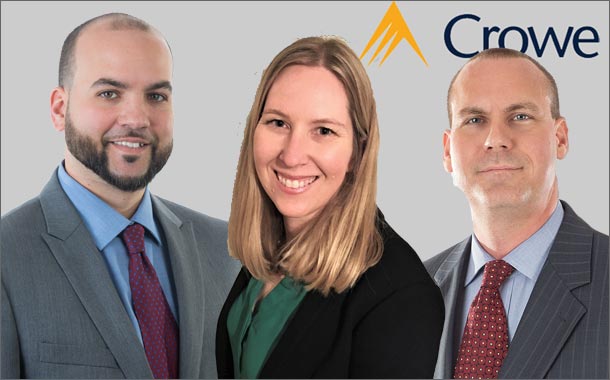By Matthew A. Brown, CPA; Natalie A. Frenier, CPA; and Joseph A. Magyar, CPA
At the end of 2017, President Donald Trump signed into law as the Tax Cuts and Jobs Act. It included some of the most comprehensive tax changes enacted in decades. With the law’s special focus on the taxation of businesses, it’s important for auto dealers to understand the changes and potential implications.
This is the third part of a look at areas for dealers to note so they can take advantage of the new tax laws and make any necessary adjustments to their investments or business structures. When reviewing these areas and other changes, dealers should work closely with tax professionals to understand how the changes apply to their dealerships’ specific business circumstances.
Maximize Qualification for a New 20 Percent Pass-Through Deduction
A new 20 percent deduction may apply to pass-through income, which is a major change that will affect most dealers. This deduction sunsets at the end of 2025. The 20 percent deduction is not to exceed the greater of 50 percent of W-2 wages paid by the business or 25 percent of those wages plus 2.5 percent of the initial tax basis – not reduced by depreciation – of the qualified property. The deduction is further limited to 20 percent of taxable income on the owner’s 1040 in excess of capital gain income. Most dealerships should qualify under the 50 percent of W-2 wages qualification.
Because most real estate entities do not pay significant wages, they most likely will fall under the 25 percent plus 2.5 percent qualification. Some real estate businesses, such as those with triple net leases, may not qualify if not deemed to raise to the level of a trade or business activity.
Specified service businesses, such as accounting and law firms, are ineligible for the 20 percent deduction. This same rule may apply to a management company in which the business is based on the expertise of the individuals running the company and not necessarily on the operations side of the dealership business. Dealers should consider how these rules apply to their specific entities.
In most cases, the new 20 percent deduction that applies to pass-through income is calculated based on the trade or business. Some additional complexities are related to losses, and if the business has a tiered entity structure, it is subject to other rules still to come from the IRS.
Overall, the effective tax rate for pass-through entities is 29.6 percent, assuming a full 20 percent deduction using the highest tax bracket of 37 percent. This is a 10 percentage point decrease in effective tax rate compared to the previous top marginal rate of 39.6 percent. This represents a 25 percent potential tax reduction. Note that the 20 percent deduction does not apply to capital gains, dividends, portfolio interest, and foreign income.
Separate from the new pass-through deduction is a new overall pass-through loss limitation. Under the new rules, only $500,000 (for those filing a married joint return) or $250,000 (for single filers) of trade or business losses can offset an individual’s other income. This includes all losses from pass-through entities. Any unused losses become net operating losses.
Revisit Estate Planning
Changes to gift and estate taxes in the new law are significant. Starting in 2018, the lifetime exclusion increases from $5 million to $10 million per person ($11.2 million after indexed for inflation). This provision sunsets on Dec. 31, 2025. If no other legislation is enacted in 2026, the lifetime exclusion will revert to $5 million indexed for inflation per person. No changes were made to the estate and gift tax rates.
Review All the New Changes
These tax changes are significant but are only some of the many reforms. Dealers also will want to keep an eye on tax changes taking place in their states, as some states may make amendments as new federal tax laws take effect.
Dealers should spend time with their tax advisers to review new rules and determine the best plan of action for their dealerships’ unique circumstances.
Crowe is a global public accounting, technology, and consulting firm. Joe Magyar is a partner with Crowe and can be reached at 1-813-2092435 or joe.magyar@crowe.com. Matthew Brown can be reached at 1-954-202-8535 or matthew.brown@crowe.com. Natalie Frenier can be reached at 1-614-469-1279 or natalie.frenier@crowe.com.












